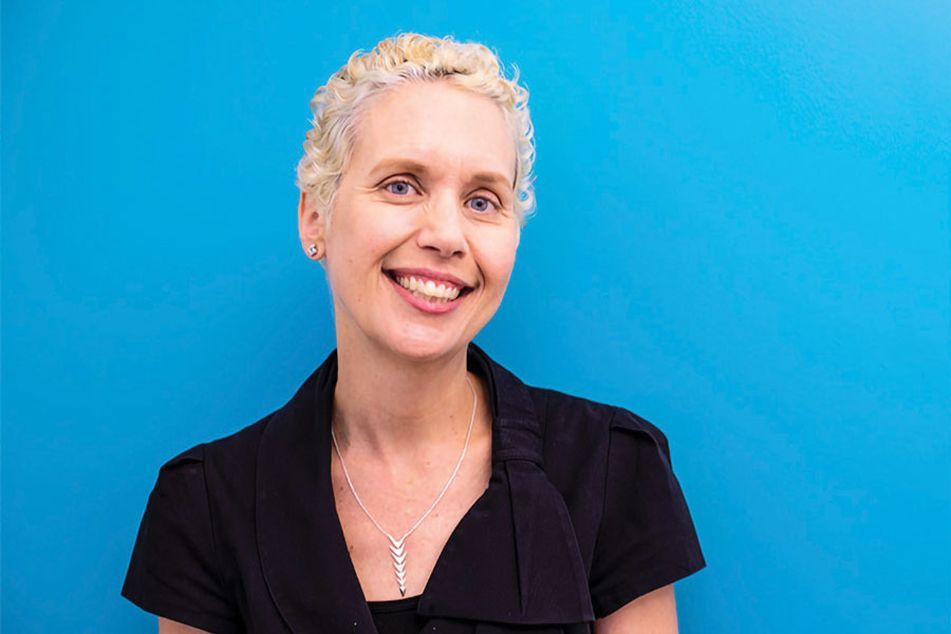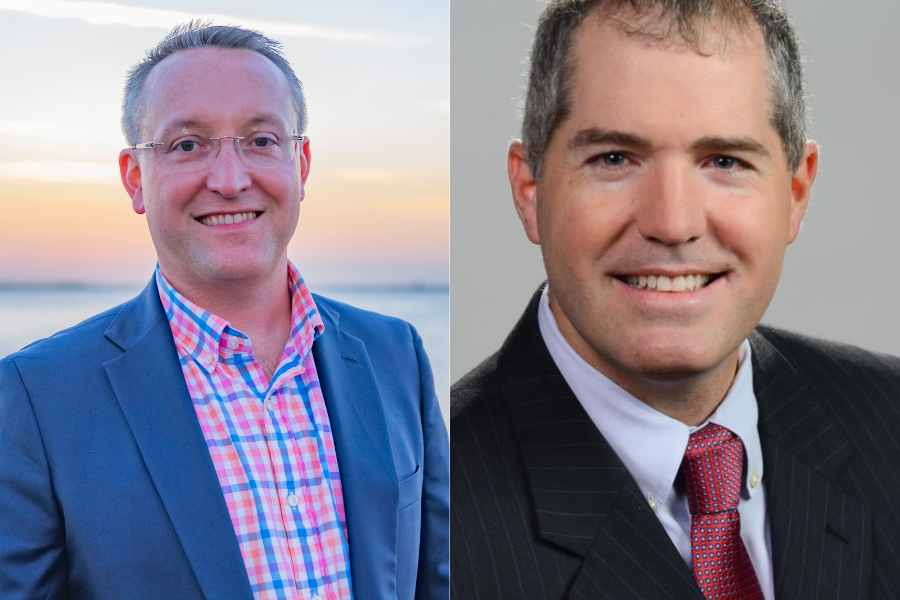The gig economy is a subject advisers must know and understand

Q&A with Fidelity Labs' Kim Langway on the changing landscape of employment.
Advisers increasingly need to understand the gig economy and be prepared to help those working in it. Kim Langway, vice president of product management, Fidelity Labs, explains how advisers and these untraditional workers will increasingly run into each other.
Liz Skinner: What is the gig economy?
Kim Langway: The gig economy is a catchall for people who have an arrangement with a client that is a nontraditional work arrangement. They are not salaried. They may be doing consulting, they may be independent contractors. People working this way call themselves many names. Some people use self-employed, some people say ‘I’m a consultant,’ some people say ‘I’m an independent worker,’ some people say ‘I’m a freelancer.’
LS: Is it new and is it growing?
KL: What is changing is the fact that there are more ways to earn money outside of traditional salaried employment than ever before in the modern era. Second, there are more companies that really rely on nonemployees to fulfill their core business. So, think Airbnb or Uber or Lyft. Those companies are becoming a part of the U.S. economy, and really, a part of all of our investment portfolios.
In addition, there has been a lot of important research over the past few years about how self-employment may be growing in the U.S. economy and some experts claim self-employment may comprise as much as half of the work force by the middle of the century.
LS: Why should advisers care about this?
KL: All signs point to the fact that self-employment is only going to grow as a phenomenon in our economy. So even if these folks aren’t in adviser books of business today, they will be in the future. Some research says 80% of them wouldn’t go back to full-time traditional jobs. There’s research out there that says self-employed people are more advice-seeking than those in the traditional salary work force.
LS: What’s different about planning for people with these types of jobs?
KL: Well I’d say two things. One, self-employed people have a different mindset related to work, and two, they have more complex financial situations. In terms of mindset, they tend to put a value on flexibility, and to some extent they are even willing to earn less to have more control over their time. One consultant that we met calibrated her billing rates towards an optimal number of days of the year that she wanted to work, so for her that worked out to 105 days. She did that really because the first year she was self-employed, she worked too much and didn’t get to enjoy the side benefits, being the flexibility and control of her time.
I would also say that soloists have complex financial situations. Their income is volatile, and their timing of client payments can be highly uncertain. And that uncertainty comes with emotional highs and lows and they need to be incredibly disciplined. Because of that, it’s all on them in terms of doing their own withholdings, making quarterly tax payments, finding and choosing benefits for themselves. If you think about the population of self-employed, they have the least amount of time to figure all of these things out because, literally, time is money for them.
LS: Do these jobs offer health insurance and retirement plans and other such benefits?
KL: I’d say it depends on the work arrangement but, generally speaking, a soloist is a 1099 worker; they’re really on their own to figure out or configure a safety net for themselves.
LS: That’s got to be a planning challenge for their advisers.
KL: I think so because they don’t have default protections coming from work; they’ve actually got to think about risks and protecting themselves right out of the gate, and that includes things like having a bigger than usual emergency fund to account for income volatility. It also includes things like making sure they buy business insurance, making sure they’re thinking about things like business formation, so they limit some of their risks.
LS: Are there other ways advisers can or should be helping clients who are participating in the gig economy?
KL: I think planners or advisers have to become business coaches as well as financial planners. If they are having discussions with soloists about diversification in their portfolios, they may also want to be talking to them about diversification in their client base or diversification in the way that they’re earning income; it may not be enough just to consult. Our research has shown that with the soloist, business and personal finances can be somewhat intertwined, so it’s important for an adviser to have a holistic view that includes both business and personal accounts.
Learn more about reprints and licensing for this article.








